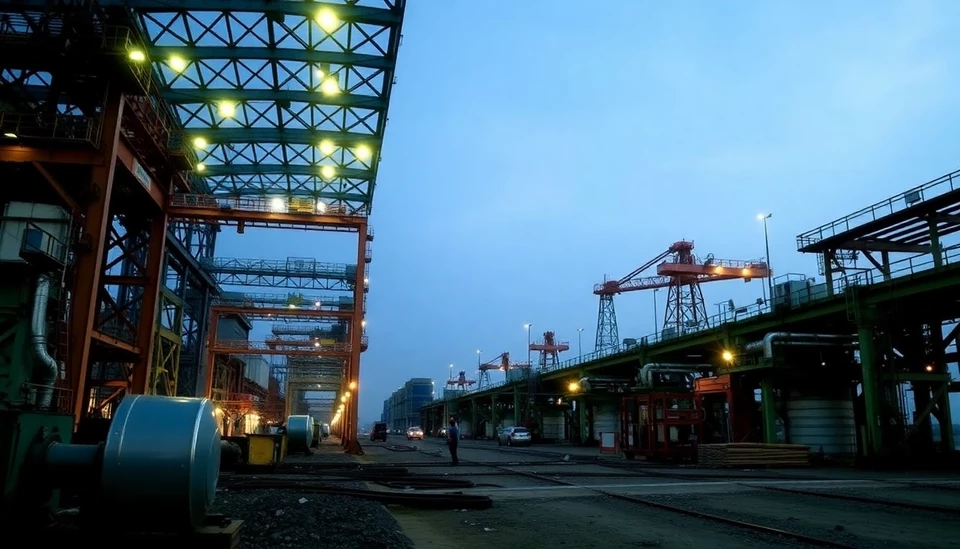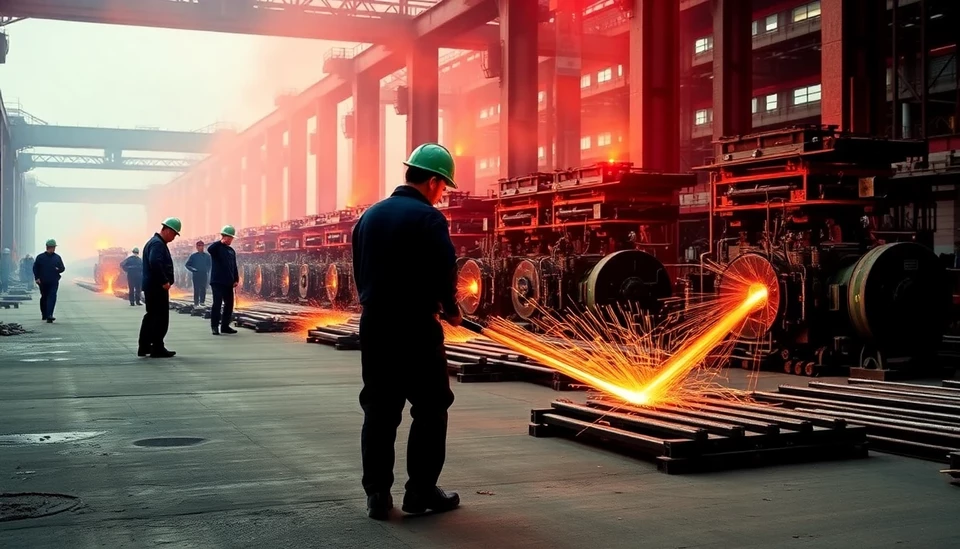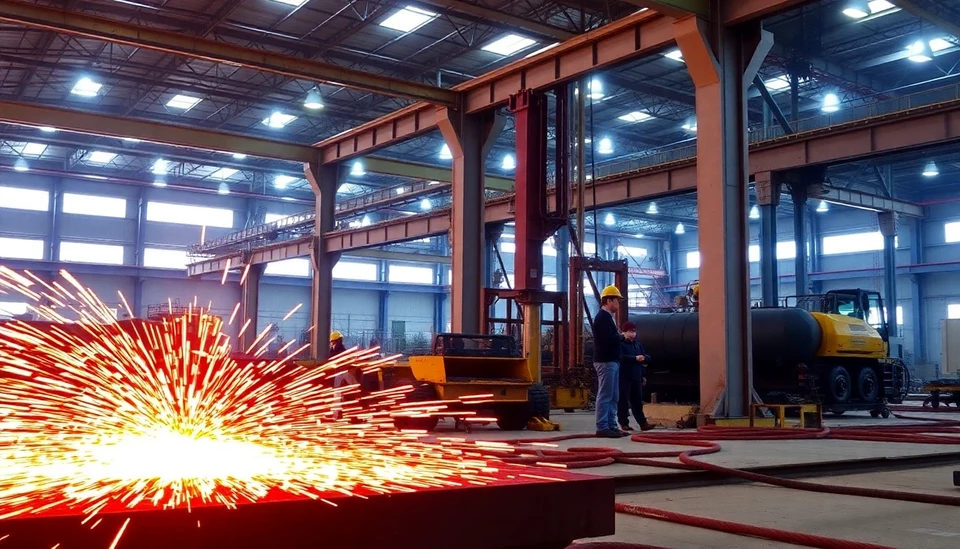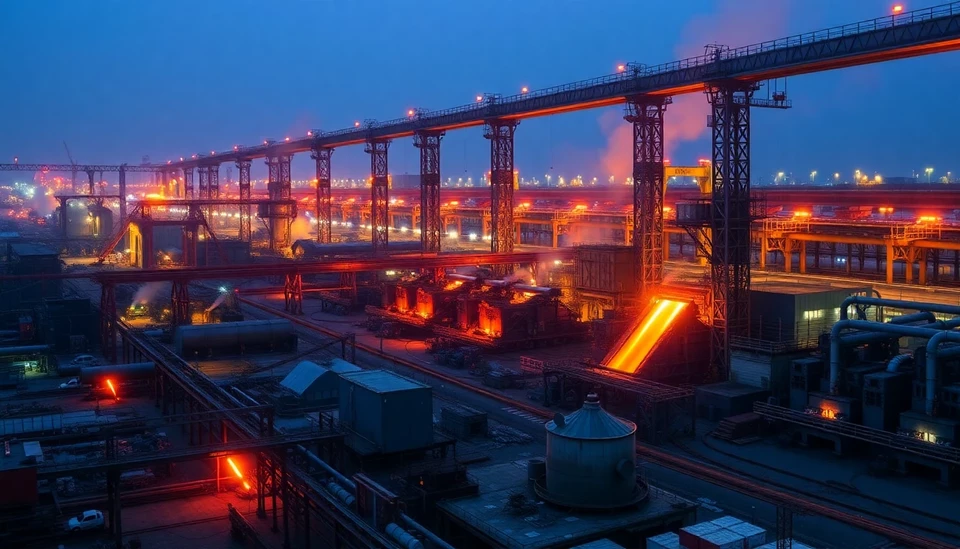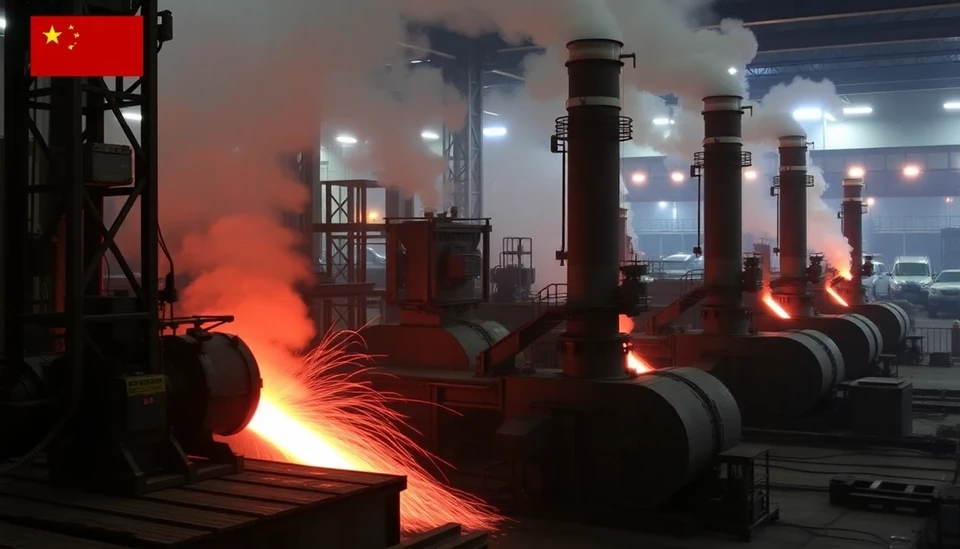
In a significant move towards modernizing its manufacturing sector, China's steel industry has announced a comprehensive compensation plan aimed at addressing the closure of outdated steel mills. This initiative is part of the country’s broader strategy to enhance environmental sustainability and improve production efficiency within the industry.
The decision comes in the wake of increased scrutiny over the steel sector's environmental impact and an urgent need to reduce excess production capacity. As part of this plan, the government will provide financial incentives and support for the affected workers and businesses, ensuring a smoother transition for the local economies dependent on these mills. This initiative is expected to positively affect both the economy and the environment as China seeks to balance industrial growth with ecological responsibility.
Key industry stakeholders have expressed their support for the compensation framework, noting that it will not only alleviate the financial burden placed on mill operators but also provide much-needed job security for employees facing layoffs due to plant closures. The compensation structure aims to ensure fair payouts for workers, which will enable them to seek new employment opportunities while also allowing companies to invest in more sustainable operations.
The plan aligns with China's ambitious goals of achieving peak carbon emissions by 2030 and attaining carbon neutrality by 2060. By shutting down older, more polluting facilities, the government hopes to foster a cleaner manufacturing environment and promote the adoption of modern technologies that can produce steel more efficiently with a smaller carbon footprint.
Analysts believe that while the transition may pose challenges in the short term, it is a necessary step for the long-term sustainability of the industry. The steel sector is pivotal to China’s economy, which continues to be one of the largest producers and consumers of steel globally. The adoption of more eco-friendly practices is seen as vital for complying with both domestic and international environmental standards.
As the steel sector undergoes this significant transformation, the compensation details are expected to be fleshed out in the coming months, paving the way for a new era in Chinese manufacturing. Stakeholders are now looking forward to the specific measures that will be put in place, as well as timelines for the implementation of these significant changes.
This initiative marks a critical juncture for not just the steel industry, but also for China as it works to redefine industrial standards in the face of growing environmental concerns.
With global demand for steel likely to fluctuate, the emphasis on modernization and sustainability may also help position China favorably in international markets that are increasingly prioritizing carbon reduction in their sourcing of materials. Thus, while the immediate focus is on compensation and job security, the long-term implications of this initiative may lead to a strengthened, more resilient steel sector.
As these developments unfold, the eyes of the world will be fixed on China, observing how this compensation plan not only alters the landscape of the domestic steel industry but also contributes to the global fight against climate change.
#ChinaSteel #Sustainability #CompensationPlan #GreenManufacturing #EnvironmentalImpact
Author: Victoria Adams
